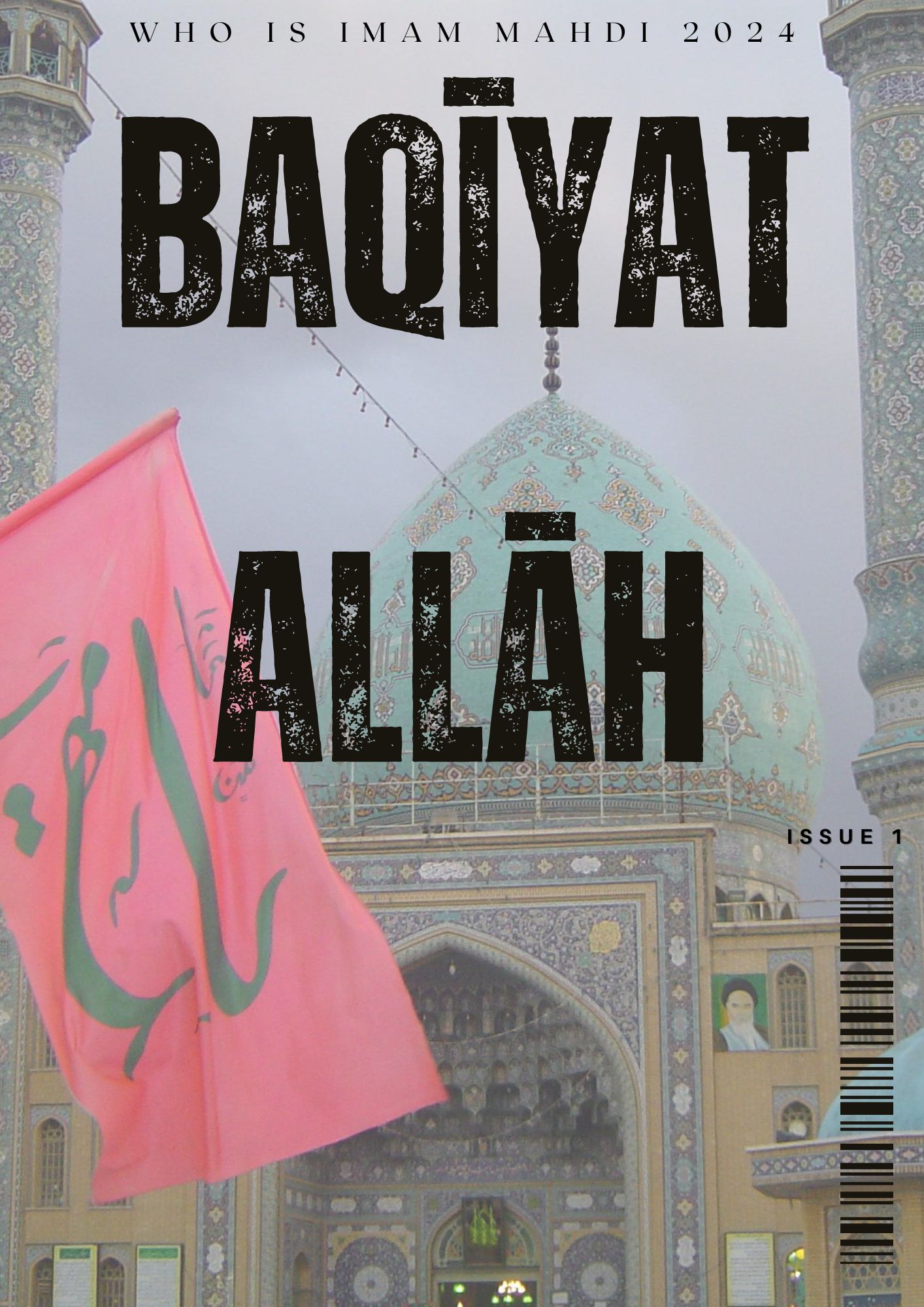What is the mission of the Ahlul-Bait?
Ahlul-Bait, as a Quranic, traditional, and theological term means the Prophet’s family (s). This term has been used to mean this in the verse of purity (33:33): “Verily, Allah desires to rid you of all impurities, Ahlul-Bait, and purify you a thorough purification.” («انما یرید الله لیذهب عنکم الرجس اهل البیت و یطهرکم تطهیرا») Commentators of the Quran say regarding this verse that what is meant by Allah’s desire is a natural desire (Al-Mīzān (Farsi edition), v.16, p.467) because Allah’s legislative desire has been coupled with the purity of all humans. Everyone is able to reach purity from sin by obeying the teachings and rulings of Allah,Read More →



